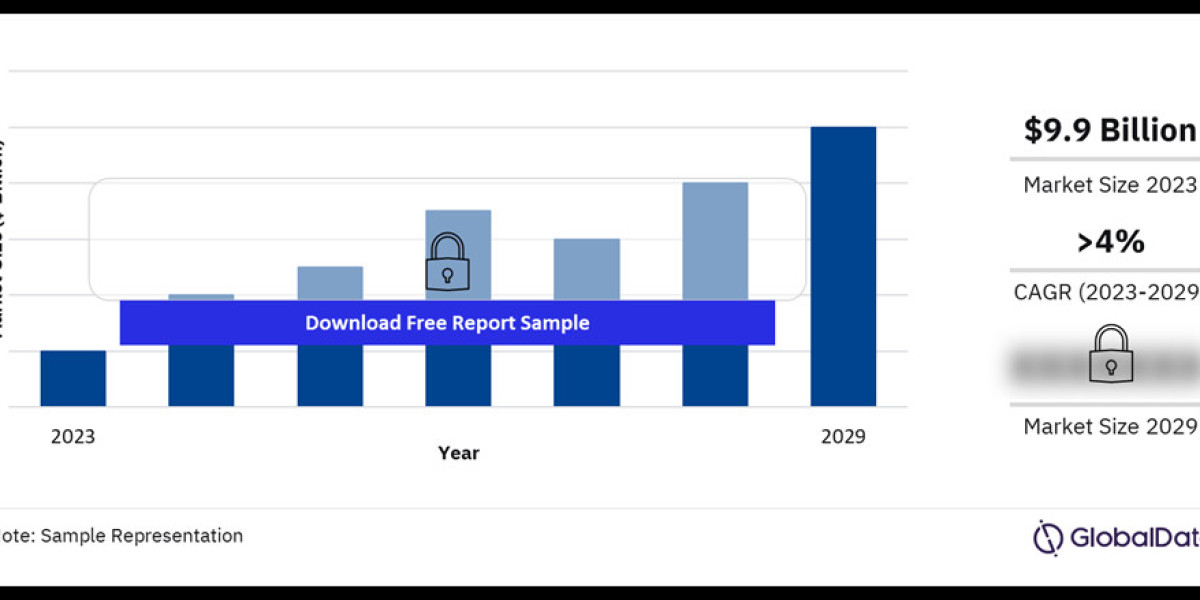Introduction
Virtual Place of Business (VPOBs) offer flexibility and cost savings. However, tax implications require careful planning and understanding. This article explores key considerations.
1. Understanding Tax Obligations for Virtual Places of Business
1.1 Tax Registration Requirements
Businesses must register for taxes in the jurisdiction of their VPOB. Tax registration ensures compliance with local laws.
A virtual address does not exempt businesses from taxes. You must understand the jurisdictional requirements where the VPOB is established.
For example, some regions may require registering for VAT, GST, or similar taxes. Others might need business registration.
Failure to register could lead to fines, penalties, or business restrictions. Compliance with regional laws is critical for smooth operations.
1.2 Determining Taxable Income Sources
Virtual operations may generate income across multiple regions. Identifying taxable income per jurisdiction ensures accurate filings.
You must understand how revenue is sourced and taxed. This is especially crucial for e-commerce or international businesses.
Consider consulting tax advisors to ensure accurate classification of income. Misclassification can lead to overpayment or audits.
2. Deductions and Expenses for Virtual Businesses
2.1 Claiming Virtual Office Expenses
Expenses related to a VPOB are often tax-deductible. These include rent, utilities, and maintenance costs.
Keeping detailed records of all expenses ensures deductions are accurate. Proper documentation is vital during tax audits.
Deductions may vary based on regional tax laws. Always verify with local authorities or a tax advisor for eligibility.
For example, software subscriptions for virtual management could also qualify as deductible expenses.
2.2 Remote Employee Costs
Employers can deduct expenses related to remote teams. These include salaries, internet reimbursements, or home office allowances.
Check local labor and tax laws for specific guidance. Some jurisdictions offer tax breaks for remote employment practices.
Always ensure employee-related expenses align with tax regulations. Non-compliance could result in penalties or increased tax liability.
3. Tax Compliance and Reporting
3.1 Filing Taxes for a Virtual Business
Tax filing deadlines and requirements vary by jurisdiction. Always monitor filing dates to avoid penalties.
Virtual businesses often face cross-border tax complexities. Proper planning ensures accurate and timely submissions.
Automated tax software can simplify the process, reducing the risk of errors. Professional tax advisors also add value.
Late filings may lead to interest charges or legal consequences. Proactive tax management is vital for business health.
3.2 Maintaining Accurate Records
Record-keeping is essential for all businesses, especially VPOBs. Accurate documentation supports deductions and compliance.
Maintain digital backups of invoices, receipts, and financial statements. Cloud storage solutions enhance security and accessibility.
Regular audits of your records ensure accuracy and prepare you for external tax audits. It’s a preventive measure against disputes.
4. International Tax Considerations
4.1 Cross-Border Tax Liabilities
Operating in multiple countries can lead to complex tax liabilities. Double taxation agreements often provide relief.
Understand the tax treaties between countries where your business operates. These treaties can reduce or eliminate double taxation.
Seek professional guidance to navigate cross-border taxes. Mismanagement could harm your financial standing and reputation.
Always declare foreign income correctly. Non-compliance in any region may result in hefty fines or legal action.
4.2 Understanding Transfer Pricing
Transfer pricing rules apply when transacting with related entities across borders. Non-compliance attracts penalties.
Ensure inter-company transactions are priced at market rates. This ensures compliance with international tax laws.
Documentation of transfer pricing policies is mandatory in many jurisdictions. Failure to provide evidence may trigger audits.
5. Tax Benefits and Incentives for Virtual Businesses
5.1 Exploring Local Tax Incentives
Many regions offer tax incentives for virtual businesses. These include lower corporate tax rates or startup-friendly policies.
Research local economic zones or hubs that encourage virtual business operations. Such zones often provide tax relief.
Incentives may include deductions on technology investments or employee training. Leverage these benefits to reduce tax burdens.
However, ensure compliance with all conditions tied to incentives. Failure to meet them may revoke benefits.
5.2 Encouraging Sustainable Practices
Some governments offer tax credits for adopting green practices. Virtual businesses can align with these initiatives.
For example, using renewable energy for operations may qualify for tax credits. Eco-friendly practices also enhance brand reputation.
Explore grants or rebates for virtual setup costs. Such initiatives lower initial investment while offering tax savings.
6. Planning and Risk Mitigation Strategies
6.1 Using Professional Tax Services
Hiring tax consultants ensures compliance with complex regulations. They help identify savings and mitigate risks.
Tax advisors can also assist with audits or disputes. Their expertise safeguards your business from potential pitfalls.
While this involves costs, the benefits far outweigh the risks of non-compliance. Invest in professional guidance for peace of mind.
6.2 Adopting Tax Software Tools
Tax software automates calculations and tracks deadlines. It reduces errors and ensures accuracy in filings.
Choose software that aligns with your business needs. Features like multi-currency handling are crucial for international VPOBs.
Integrated software can also connect with accounting tools. This enhances operational efficiency and simplifies tax management.
Conclusion
Tax considerations are essential for managing a Virtual Place of Business. Prioritize compliance, leverage deductions, and explore incentives to optimize tax outcomes.









